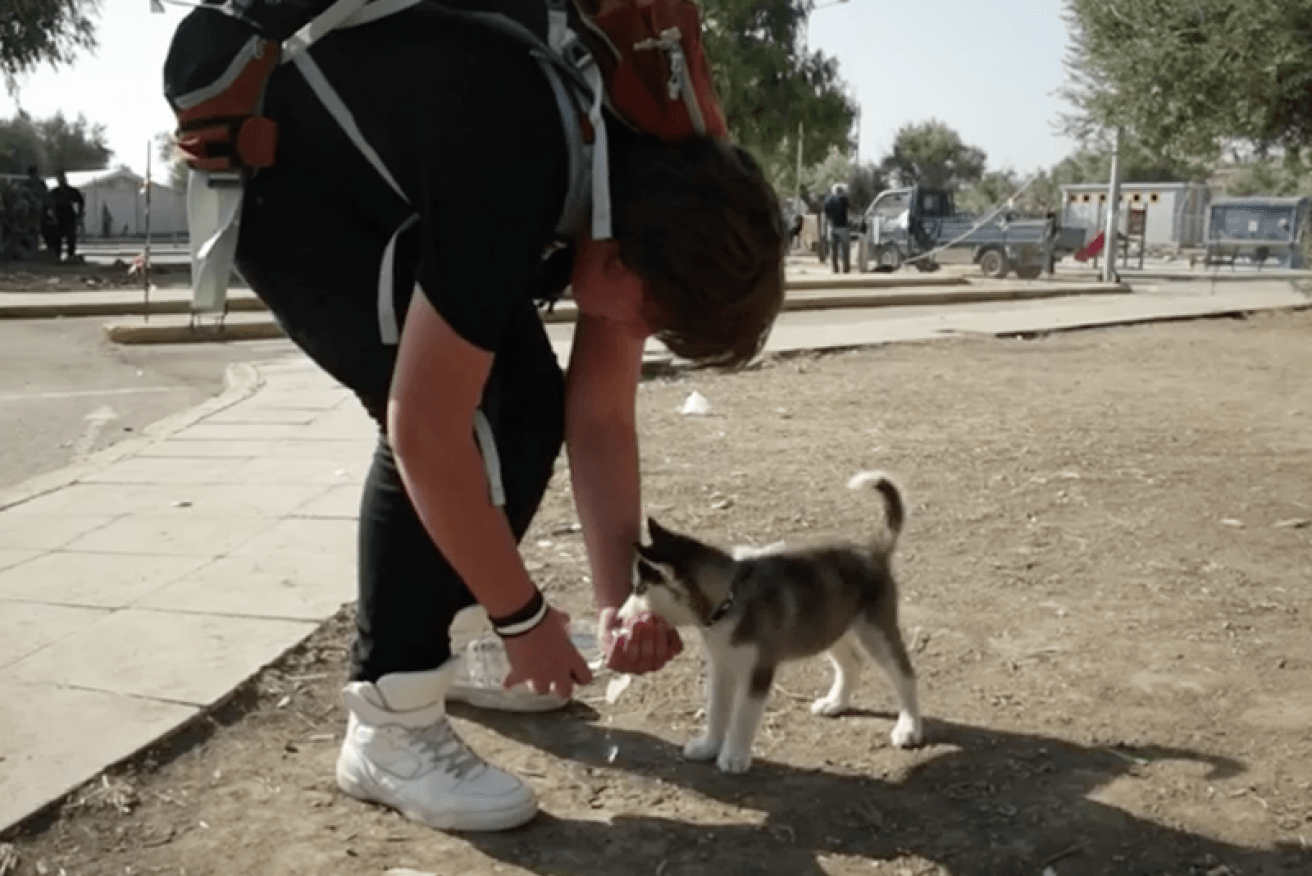Garry Linnell: Poor dog poo etiquette is more than a pet peeve


Pet owners should carry a poo bag with them on their walks. Photo: Getty
I’ve never been a member of Mensa, the organisation for people with enormously high IQs … for obvious reasons.
So when it comes to measuring a person’s intelligence, I prefer to apply two other tried-and-tested methods.
Both are remarkably accurate. Feel free to use them to estimate the IQ of those around you.
The first test – the White Line Assessment – can be conducted in any shopping centre car park.
Parking between two white lines is a simple trial involving perception, a basic grasp of geometry and, more importantly, consideration for others.
According to my research, at least 15 per cent of the driving population regularly fails this assignment.
Of these, a significant majority drive white Toyota Corollas. If you happen to be one of them, don’t argue. The science is irrefutable. Just lift your game.
The other proven intelligence check is the Pick-Up-After-Your-Dog test.
Almost 40 per cent of Australian households have a dog and this canine-human bond is so strong there are now close to five million mutts in this country.
I have two pooches. I’m no saint, but every time we leave the house I take at least four biodegradable dog poo bags with me.
They’re cheap, easy to purchase on the internet, and help keep the neighbourhood clean.
Cleaning up after your dog is a straight-forward assignment – even simpler than attempting to park a white Corolla at the supermarket car park.
So why do so many Australians lack the basic smarts to pick up after their pets?
Take a good look around your suburb – and under your shoe.
A day never goes by when I don’t find a dog deposit or two drying in the sun on any number of nature strips in our area.
A faecal flood
It’s the same across the country – a faecal flood highlighting the carelessness and stupidity of so many.
Last week at the bottom of our street I spied a Labrador squatting on someone’s lawn. The owner stood nervously a few metres away, pretending to be bird watching or observing cloud movements. When his dog finished, he simply walked away.
“You going to pick that up, mate?” I asked.
He rolled his eyes and smiled. Then he realised I was serious.
“Well, I would,” he said. “But I don’t have any bags.”
“Here, have one of mine.”
He took it reluctantly and went over and gingerly collected the offending matter. I could tell he was one of those people who just don’t like handling the stuff. Too bad. Owning a dog means overcoming any squeamishness you might have.
You might think this is a trivial issue. But as our cities become increasingly crowded amid the shift from traditional suburban backyards to high-density apartment living, respecting your neighbours and the local environment is going to become even more important.

Owning a dog means overcoming your squeamishness. Photo: Getty
It’s like the ‘Broken Windows’ theory about crime that was popularised in New York in the 1990s.
When little things that appear inconsequential to most of us go unattended – a broken window, graffiti on a wall … or a pile of dog poo on someone’s front lawn – more bad stuff tends to follow.
But ‘Barker’s Eggs’ are no longer a small, inconsequential issue.
Each Australian summer usually involves the closure of several east coast beaches because of elevated bacterial levels – much of it due to dog waste that is swept away in drains to provide a fertile breeding ground for bacteria like E. coli and giardia.
The Victorian government has estimated that up to 90 tonnes of dog poo is produced in that state each day, some of it washed into stormwater systems containing the roundworm Toxocara Canis that can be passed on to humans.
Dog poo DNA sampling
Take a look at Europe. Dog excrement has become such a problem in heavily populated cities and towns that some municipal authorities have considered DNA sampling so they can identify and fine offending owners.
In the northern Spanish town of Zamora, registered dog owners are now being taxed about $14 a year to pay for excrement clean-up and the distribution of canine waste bags.
Unsurprisingly this modest fee has created controversy, apparently because many dog owners regard it as their right to allow their pets to defecate wherever they want.
But don’t be surprised to see similar levies being imposed in Australia in the years to come because, despite the trend toward high-density living, there is no indication the population is going to walk away from its love affair with dogs.
And it’s not as though we live in early 19th century London.
Back then it was the biggest – and dirtiest – city on the planet, a sprawling metropolis that faced regular epidemics of typhus and cholera.
But your chances of stepping in dog poo were slim.
The city had a thriving trade of “Pure-Finders” – usually the poor and broken – who collected stray dog turds and sold them to tanneries.
London was experiencing a huge boom in book publishing and dog faeces were a key ingredient in the bookbinding process, their alkalinity helping to soften leather.
Not a job to be sniffed at, of course. But it required a great deal of ingenuity and persistence.
Far more than many dog owners and Corolla drivers show these days.
Garry Linnell was director of News and Current Affairs for the Nine network in the mid-2000s. He has also been editorial director for Fairfax and is a former editor of The Daily Telegraph and The Bulletin magazine.








